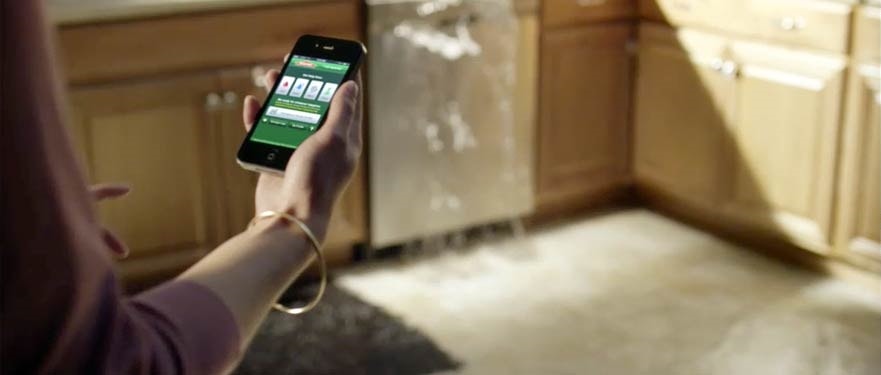
Water Damage Emergency Tips
What you can do until help arrives
Water Tips | Fire Tips | Biohazard Tips | Mold Tips
Addressing water-related issues requires a thorough understanding of potential risks associated with standing water, floodwaters, and water damage. These environments can harbor infectious diseases, chemical hazards, and pose various injury risks. Moreover, water damage often leads to mold, an even more damaging disaster. Prioritizing safety is paramount, and it is crucial to avoid direct contact with floodwaters or mold resulting from water damage.
In the event of potential exposure to hazardous water, it is essential to practice good hygiene by washing hands thoroughly and abstaining from consuming anything that may have been contaminated. Exercise caution, particularly if standing water in your residence reaches above electrical outlets—refrain from any contact under such circumstances.
Following any water damage incident, the primary focus should be on ensuring safety:
- Evaluate the safety of remaining in the house, considering potential electrical and "slip and fall" hazards.
- Only engage in activities that are safe for you to perform.
- Recognize that wet materials can be exceptionally heavy, requiring careful handling to prevent injury.
Professional services can help navigate these risks effectively, ensuring a secure and thorough resolution to water damage concerns. It is advised to consult with experts to mitigate potential health and safety hazards associated with water damage in a professional and efficient manner.
You can rely on SERVPRO of Mankato/Owatonna to be your professional partner in water damage restoration. We are Here to Help® make the damage "Like it never even happened."
Have A Water Damage Emergency? Call (507) 200-3700
What To Do After Flooding
- Remove excess water by mopping and blotting.
- Wipe excess water from wood furniture after removal of lamps and tabletop items.
- Remove and prop wet upholstery and cushions.
- Place aluminum foil or wood blocks between furniture legs and wet carpeting.
- Turn air conditioning on for maximum drying in summer.
- Remove colored rugs from wet carpeting.
- Remove art objects to a safe, dry place.
- Gather loose items from floors.
What NOT To Do After Flooding
- Don't leave wet fabrics in place. Hang furs and leather goods.
- Don't leave books, magazines or other colored items on wet carpet or floors.
- Don't use your household vacuum to remove water.
- Don't use television or other household appliances.
- Don't turn on ceiling fixtures if ceiling is wet, and keep out of rooms where ceilings are sagging.



 24/7 Emergency Service
24/7 Emergency Service


